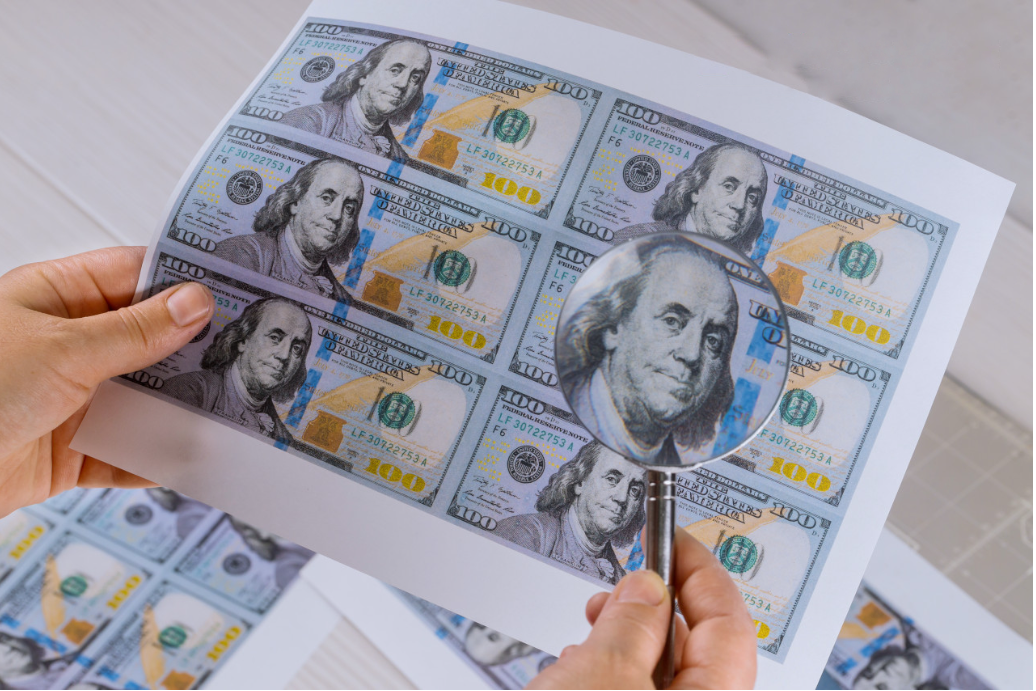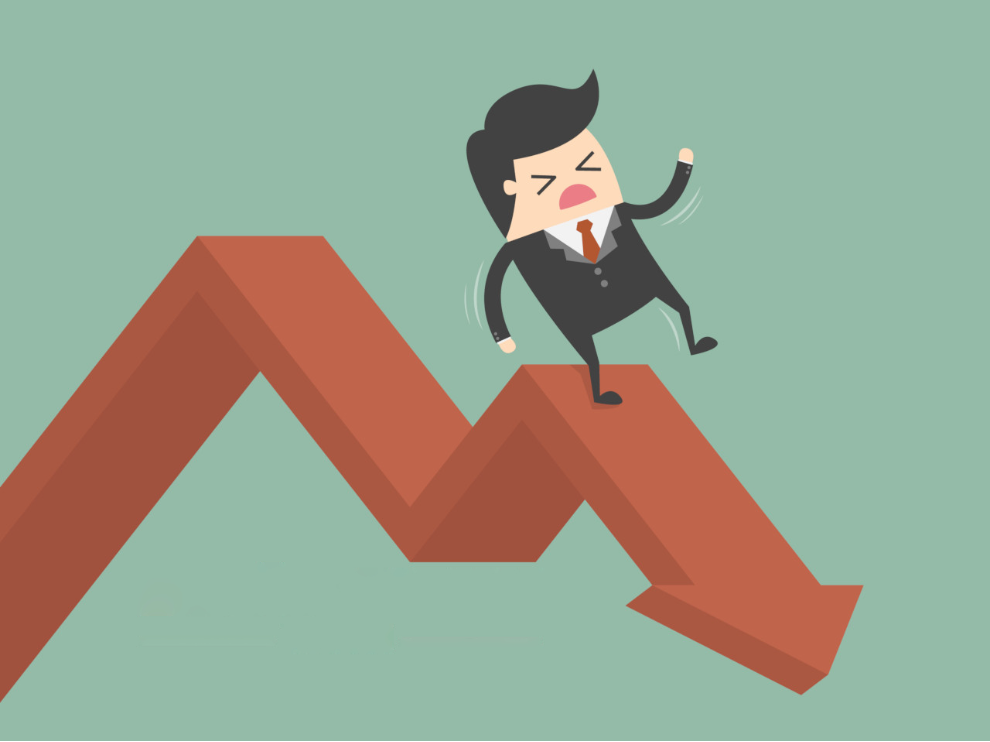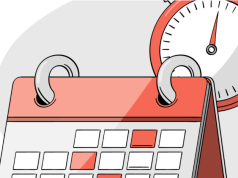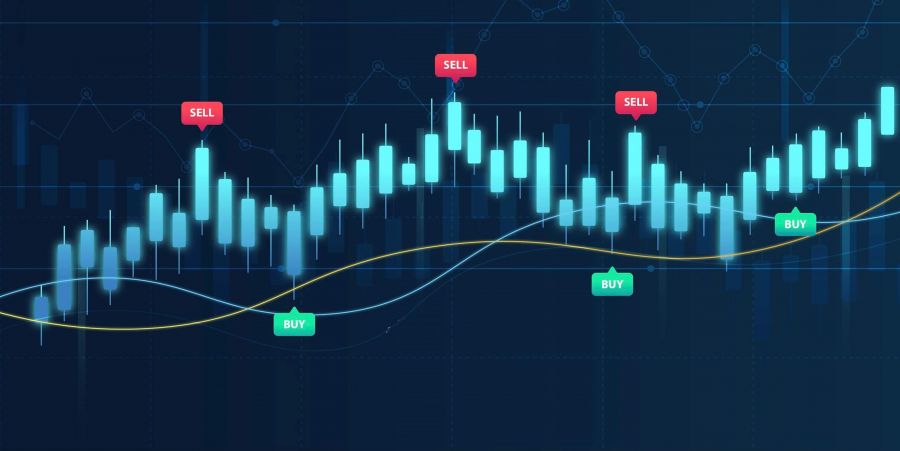
Making money and losing money are two aspects of currency trading. Do you realize that 90% of traders experience financial losses? Or that in the first two years of failure, 80% of people give up?
Trading is not always a simple endeavor. As a trader, it is your responsibility to develop your knowledge and abilities so that you don’t fall into that 80 percent. Here, I discuss what I’ve discovered about currency markets over the previous ten years.
Do not rely on overbought and oversold levels in the long term
The first lesson I’ve learned thus far is this. I studied a lot of information on overbought and oversold levels when I first started trading. There, I discovered that prices would quickly decline if a large number of new purchasers entered the market and the market became “overbought.” Similar to this, prices will increase if there are too many sellers in a market and it gets “oversold.”

Before I understood that the market doesn’t operate in this manner, I lost a lot of money. Overbought or oversold levels are not usually indicative of a change in trend for the price.
It is conceivable for the market to remain excessively overbought or oversold for days, weeks, or even months at a time. The RSI reaches 30 and occasionally rises above it, as shown in the chart above. A lot of traders believe that now is the ideal time to start long positions. However, it is clear that the market is still declining over the long term.
Avoiding levels that are overbought or oversold is the proper course of action. There will be ten misleading indications concerning these regions from the RSI or Stochastic Oscillator for every true one. This is why I long ago quit paying attention to overbought and oversold readings. Feel no remorse.

EMA(200) is the only moving average you need
The majority of rookie traders undoubtedly commit the same errors that I did when I first began trading. I was utilizing numerous indication charts. In a week, I added five or six new indications to the charts. It did not at all assist me. I therefore removed those signs the following week and added a few others. and so forth.
And what is that? It was ineffective. The last thing I did was take away all the chart’s indications. Only 200 EMA remained.
When trends were present, the 200 EMA proved to be a very reliable tool. It can be used to identify potential points of support and resistance as well as to track long-term trends.
The 200 EMA is frequently used in technical analysis since it is widely used by big institutions like banks and hedge funds. Any currency pair or cryptocurrency’s worth will be readily apparent when you see the EMA.
Don’t stick with your demo account for long
You should start with your demo account, as per our advice. But avoid becoming overly reliant on it. Even if you perform well in trading on a demo account, it does not guarantee that you will perform well in trading on a live account. How you make decisions is greatly influenced by being conscious that you are trading with actual money.

Move on to the real account once you are comfortable trading on the demo account, when you have tested your own techniques and learnt to read the signals. Start out modestly, though, as the emotional strain of putting actual money on the line can lead to poor judgment. Not just dollars can be traded, but also cents.
You’ll eventually grow used to the thought that actual money is at stake. Then you’ll be prepared to make additional investments.
Losing money is part of the game
Trading is more complex than it first appears. But you can learn to play, and you grow better at it every time. In this game, money might be lost. You can learn some valuable lessons from failure.

I admit that losing is neither enjoyable nor enjoyable. It would probably be a really horrible time, to be honest. However, if you keep the broader picture in mind, you’ll be able to get through it.
The most crucial step is to learn what you can use it for. discover what went wrong and prevent it from happening again. You learn from every error you make. You could avoid further losses in the future by doing this.
It’s crucial to ensure that the plan complements your personality. I once made a similar mistake that cost me a lot of money.
I took a course about scalping online when I initially started trading. They guarantee that most people prosper. I was curious. I had 20% less money in my account after implementing his method for a few weeks.
The tactic itself wasn’t bad. My needs weren’t met, which was the problem. I didn’t want to spend the entire day at the computer. I didn’t want to pay close attention to price fluctuations. I didn’t like how quickly this technique moved throughout trades.
It didn’t match with who I am, thus I couldn’t be a good scalper. You should, in my opinion, ascertain what you enjoy and how much danger you are willing to accept. Discover your trading style, including whether you are a Day Trader, Position Trader, Swing Trader, or even a Scalper.
Protect your Capital
As was previously stated, you ought to pick a plan that works for you. Focus on the tools and prompts you find the simplest to use if you’re having problems with this. You can prepare effectively with the aid of this easy trick.

You should concentrate on safeguarding your capital now that you have the greatest strategy. Prior to considering how much you can earn, consider how much you can lose. The secret to being a successful trader is this. After all, you can’t win if you’re not in the game.
You must maintain your capital if you want to play the game for the long haul. Only then will you be able to assess the effectiveness of the plan and decide whether it needs to be modified.
I used to think like a gambler when I was just starting out as a trader. I was considering the award and the amount of money I would receive. I had a lot of hope for the defeat. Additionally, it was a horrible decision.
Therefore, you shouldn’t ask yourself when you’ll start generating money when you start trading. In order to still be in the game a month or a year from now, it should focus more on how to trade, keep your money secure, and cope with losses.
Learn about the market while protecting your money, is my suggestion. You will be more successful than 90% of traders once you reach the stage where you are confident that you won’t lose money.
Here, I offer you some suggestions based on my ten years of trading experience. I can explain to you how to prevent them because I committed the same errors. Good and terrible times bothered me. I still occasionally lose transactions or hesitate to enter a trade. Be not disheartened. Just keep moving forward, and you’ll arrive.







